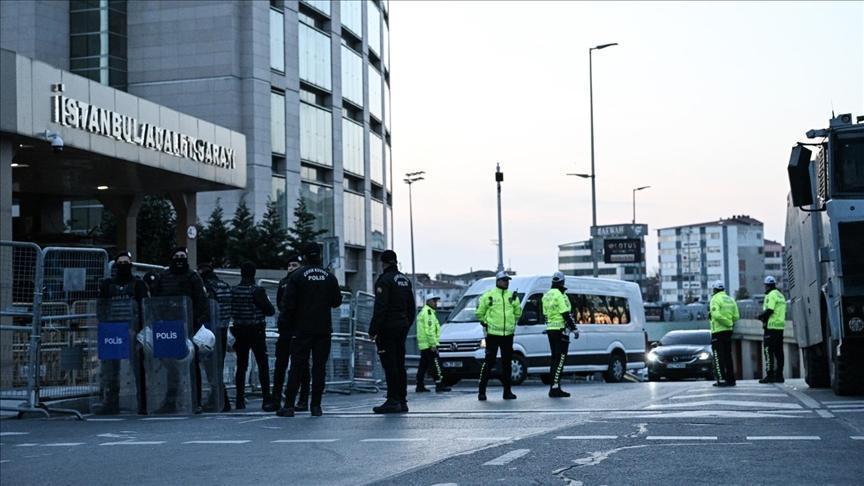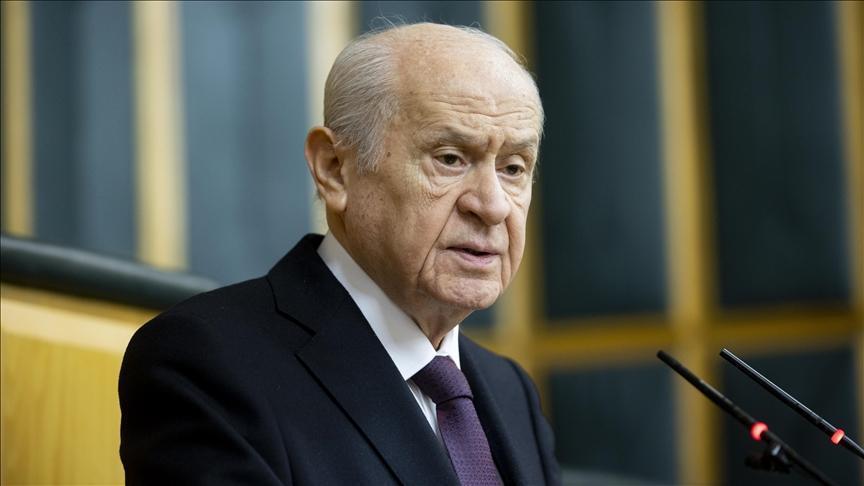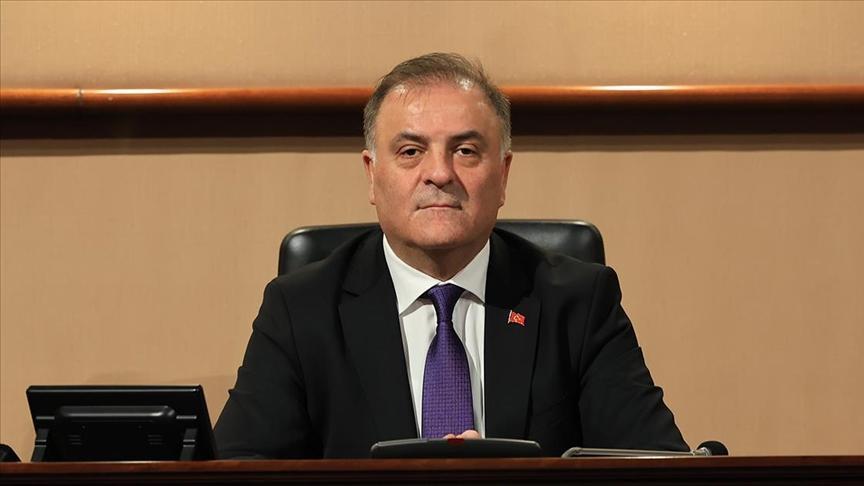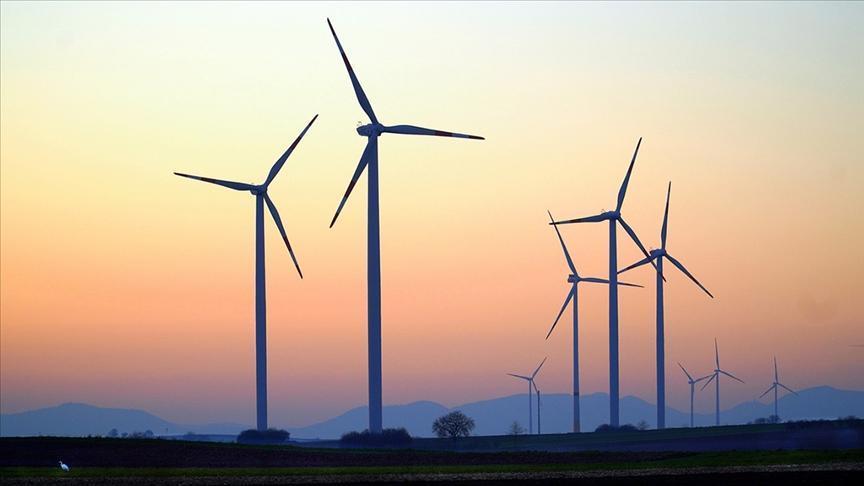Ebola death toll passes 1,500 as regional crisis talks begin
ACCRA - Agence France-Presse
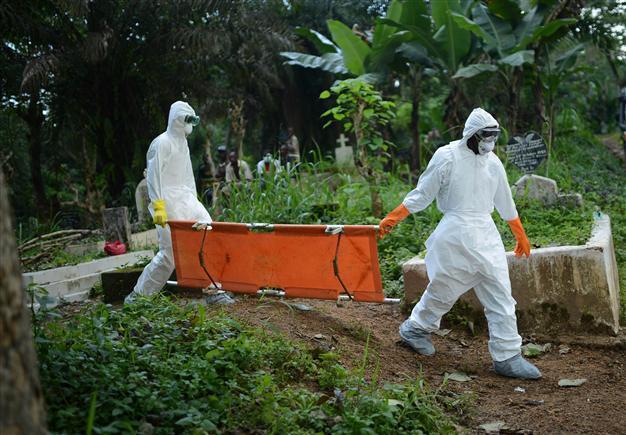
AA Photo
Ebola-hit nations met for crisis talks on Thursday as the death toll topped 1,500 and the World Health Organization warned that the number of cases could exceed 20,000 before the outbreak is stemmed.Nigeria meanwhile announced the virus had reached its oil-producing hub, dashing hopes that the country had successfully contained its spread outside its biggest city, Lagos.
British medical charity the Wellcome Trust and pharmaceuticals giant GlaxoSmithKline also said that safety trials on a possible vaccine for the haemorrhagic fever could begin as soon as next month.
Health ministers from member states of the West African regional bloc ECOWAS were meeting in the Ghanaian capital, Accra, to discuss how to strengthen its response to the devastating outbreak.
As of August 26, 1,552 people had died from the virus in four countries -- Sierra Leone, Liberia, Guinea and Nigeria -- while 3,062 had been infected, the WHO said in Geneva.
The global health body said it aimed to reverse the trend within three months, with the final aim of stopping "all residual transmission within 6-9 months".
But at the current rate, which experts believe is an under-estimation, the number of infections "could exceed 20,000 over the course of the emergency".
In Accra, the Economic Community of West African States warned that Ebola was "a threat to regional and global public health safety as well as the economic and social security of the affected countries".
As the meeting began, Nigeria's health minister Onyebuchi Chukwu said the country had recorded its sixth death from the virus -- a doctor in the southeastern city of Port Harcourt.
The medic died on August 22, a day after treating a patient who had contact with the Liberian-American man who brought the virus to Nigeria and who died in a Lagos hospital on July 25.
"Following the report of this death by the doctor's widow the next day, the case had been thoroughly investigated and laboratory analysis showed that this doctor died of EVD (Ebola Virus Disease)," he told reporters in Abuja.
The confirmation and an announcement that the doctor's widow was also symptomatic came after Chukwu said on Wednesday that Nigeria seemed to have contained the virus.
Port Harcourt, 435 kilometres (270 miles) east of Lagos and the capital of Rivers state, is the centre of Nigeria's oil industry and home to a number of industry majors, including Anglo-Dutch giant Shell, US firm Chevron and France's Total.
Chukwu said the patient, who works for ECOWAS, slipped through the surveillance net and went to the city in the last week of July, where he consulted the doctor after showing Ebola-like symptoms.
"After four days, following a manhunt for him, he returned to Lagos, by which time he was found to be without symptoms," the minister said but added that he was currently under quarantine.
"The man has antibodies showing that he has suffered it (Ebola) before but he's not ill today." Another ECOWAS official, who picked up the index case from Lagos airport on July 20 and took him straight to hospital, later died from the disease.
The developments came after the director of the US Centers for Disease Control and Prevention, Tom Frieden, said on Wednesday there was no quick fix to what the WHO has called an "unprecedented" outbreak and called for "urgent action".
Frieden told a news conference in the Liberian capital, Monrovia: "The cases are increasing. I wish I did not have to say this but it is going to get worse before it gets better."
There has been mounting concern about the effect of the most lethal outbreak of the tropical virus in history, which the WHO said on Thursday could cost at least $490 million to tackle over six months.
On Wednesday, Air France became the latest carrier to announce a suspension of its services to Sierra Leone, while British Airways said it was stopping its flights to Freetown and Monrovia until next year.
Royal Air Morocco is now the only airline providing a regular service for both capitals, although the company said that flights were only about 10 percent full from Casablanca.
The United Nations' envoy on Ebola, David Nabarro, this week criticised airlines for scrapping flights, warning that Ebola-hit countries faced increased isolation and made it harder for the UN to carry out its work.
Liberia has been worst hit by the outbreak. Sporadic violence, including against hospitals treating Ebola patients, has been seen and some areas of the city placed under quarantine.
Elsewhere, there have been warnings of food shortages in affected countries.



